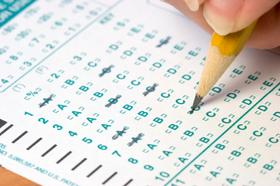The Benefits and Drawbacks of Homework (Updated for 2025)
Homework remains a central feature of the U.S. public education system, shaping how students learn, how families engage, and how educators structure learning beyond classroom hours. For parents, students, and educators alike, the debate over homework’s value is more relevant in 2025 than ever, influenced by emerging research, mental health concerns, equity issues, and evolving educational practices.
In this article, we revisit the benefits and drawbacks of homework with the latest evidence, policy trends, and expert insights from 2025, while preserving the original structure and style of this comprehensive review.
What Is Homework?
Homework refers to tasks assigned by teachers that students complete outside regular class time. These tasks vary widely by grade level, subject, and instructional philosophy, ranging from traditional worksheets to project-based assignments, reflective work, or digital tasks.
The Benefits of Homework
Reinforces Classroom Learning
One of homework’s most cited benefits is its ability to reinforce concepts taught in the classroom. When homework tasks are well-designed and purposeful, they help students revisit material, practice skills, and deepen understanding. Researchers emphasize that assignments aligned with instructional goals contribute to higher student achievement when students complete them with engagement and support. Reading Rockets
Builds Study Skills and Academic Habits
Homework encourages the development of time management, organization, self-discipline, and independent learning—skills that matter throughout a student’s academic life and beyond. Educators point out that



















